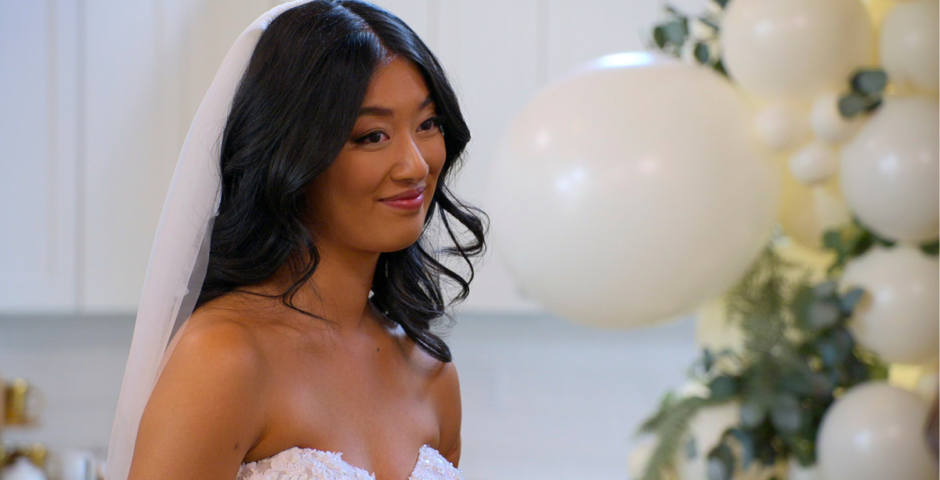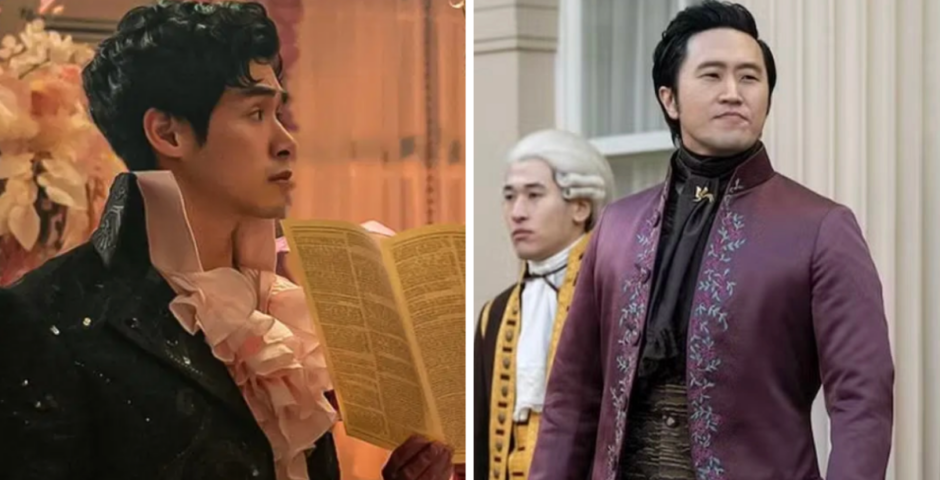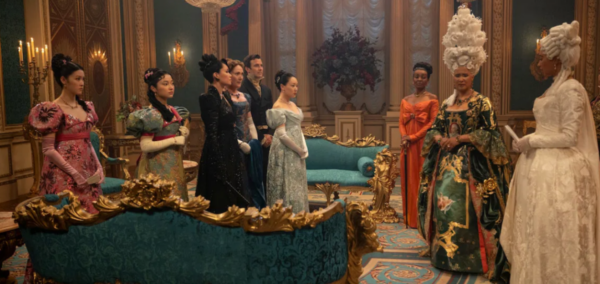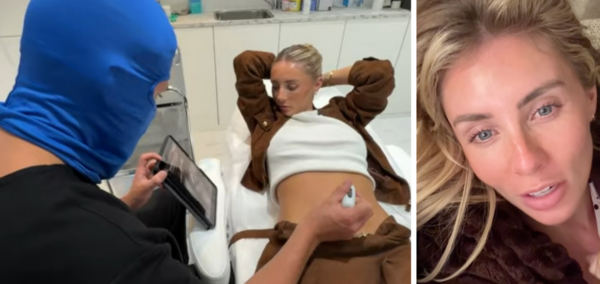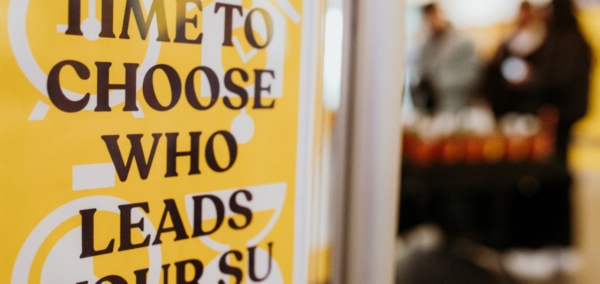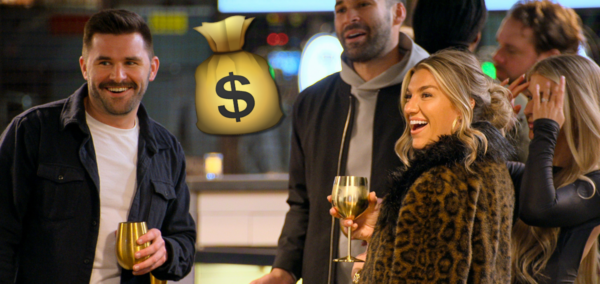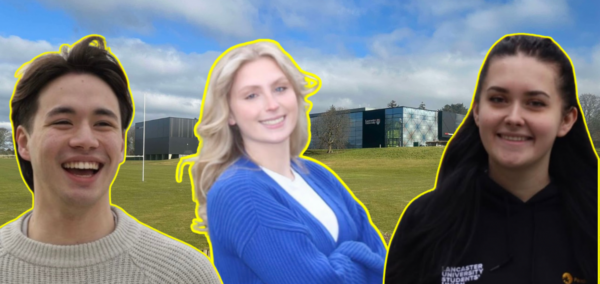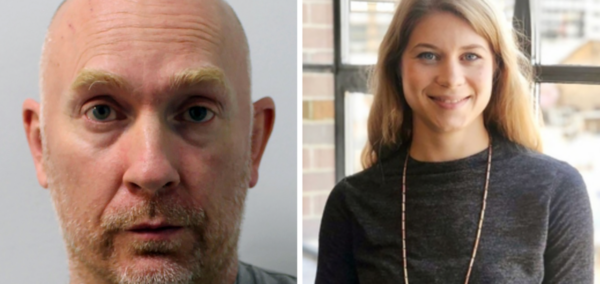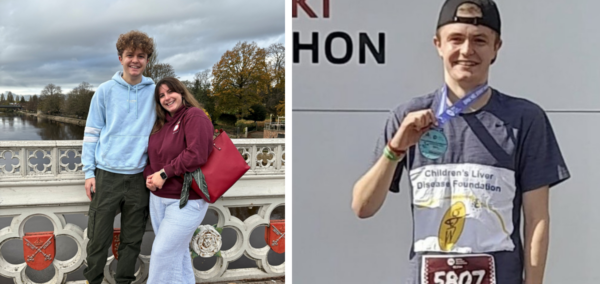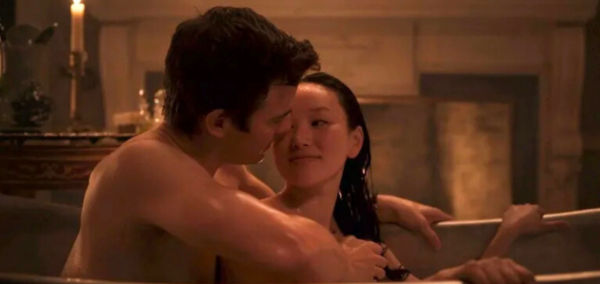
‘A meaningful step’: Edinburgh University returns Indigenous skulls to Japan after 100 years
The skulls had been in the university’s collection since 1913 and were taken during Japan’s colonisation of Ainu lands
The University of Edinburgh returned three Indigenous skulls to Japan after holding them in its anatomy collection for over a century.
The remains belonged to members of the Ainu, an Indigenous group from Japan’s northern island of Hokkaido, and came to the university when Scottish anthropologist and Edinburgh graduate Dr Neil Gordon Munro donated them in 1913.
Dr Munro studied medicine at Edinburgh before working as a cruise ship doctor and later as director of a Yokohama hospital, where he became especially interested in the Ainu community.
He moved to the village of Nibutani, where he lived until his death in 1942. The BBC reports that he had sent over 2,000 artefacts, human remains, and samples to museums in Scotland.
The three skulls were returned to representatives of the Ainu Association of Hokkaido during a ceremony at the university; the ceremony included a traditional Ainu ritual to honour the spirits of the dead. They will now be buried at the Upopoy National Ainu Museum and Park in Shiraoi.
Masaru Okawa, executive director of the Hokkaido Ainu Association, said: “We can only imagine the feelings of our ancestors who spent many years in foreign lands, but we believe they are pleased to return home. We are committed to continuing to honour the spirits of our ancestors with dignity, following the traditions handed down through generations.”
Nathan Sydenham, a PhD student at the university, said Munro had “empathised” with the Ainu and their struggle to preserve their culture, adding: “He saw parallels between the Hokkaido Ainu and their plight and what was happening with the British Empire.”
The Ainu language is listed as “critically endangered,” with only a few fluent speakers still alive.
This isn’t the first time Edinburgh has returned remains from its colonial-era collections. In 2023, it repatriated four Mudan warrior skulls to Taiwan; in 2019, it returned nine skulls to Sri Lanka’s Vedda people.
Professor Tom Gillingwater, Chair of Anatomy, said: “Rather than being viewed as a diminishment of the University’s collections, [repatriations] represent an important opportunity for the University to work with communities across the world in order to build new relationships and friendships.
“We are honoured to have been able to play a part in returning these remains to the Ainu community.”




